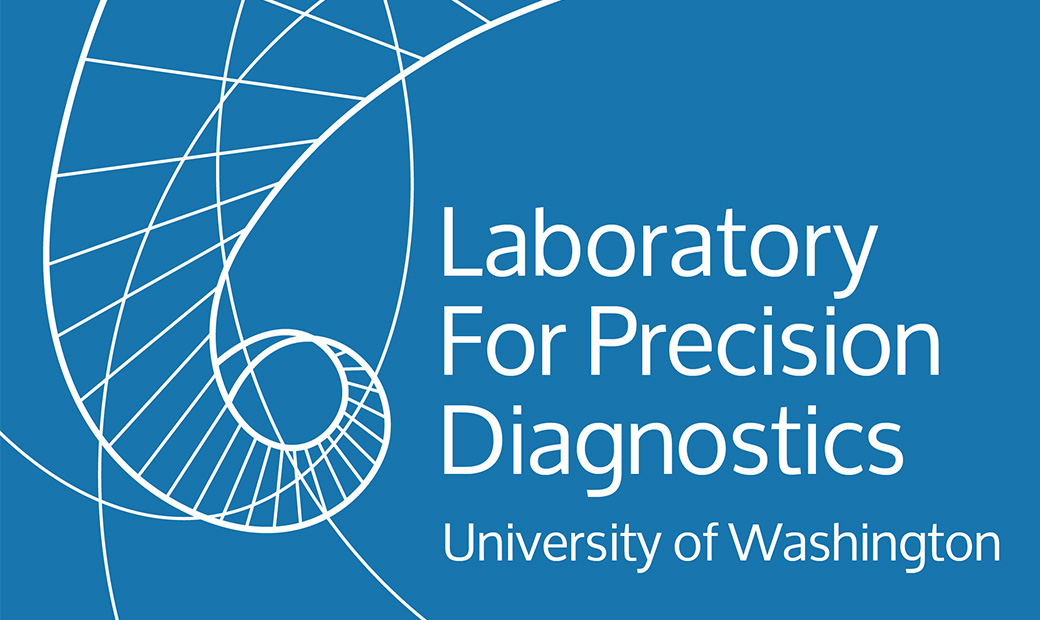Genes
FBN1, SMAD2, SMAD3, SMAD4, TGFB2, TGFB3, TGFBR1, TGFBR2
Test Guide
The CDL offers a core testing panel sequencing 8 genes involved in familial aneurysmal disorders, particularly Marfan syndrome and Loeys-Dietz syndrome: FBN1, TGFBR1, TGFBR2, TGFB2, TGFB3, SMAD2, SMAD3, and SMAD4. This panel is recommended for those individuals with clinical characteristics of Marfan or Loeys-Dietz syndrome including arterial aneurysms, dissection, rupture) and a family history of similar complications.
Methodology
Next Generation Sequencing: Next generation DNA sequencing is performed to identify nucleotide variants in the coding portion of the genome. All nucleotides in the coding exons and their flanking splice junctions are sequenced to a read coverage of greater than 20X. The sequence data are assembled and compared to the published genomic reference sequence. Sanger sequencing is performed if necessary to ensure complete nucleotide coverage of the target sequence and to confirm all reported variants. Human Genome Variation Society (HGVS) recommendations are followed for variant nomenclature and ACMGG/AMP variant interpretation guidelines are followed to assess variant pathogenicity, unless otherwise indicated. The following online databases and in silico analysis tools are routinely used for variant investigation: ClinVar, NHLBI Exome Sequencing Project, 1000 Genomes, dbSNP, Exome Aggregation Consortium (ExAC), available loci specific variant databases, PolyPhen-2, SIFT, Provean, Mutation Taster and Human Splicing Finder.
Specimen Requirements
BLOOD IS PREFERRED.
BLOOD: 2 EDTA (purple top) tubes
Adults: 5-10cc
Children: 3-5cc
Infants: 2-3cc
Whole blood may be stored up to 5-7 days in the refrigerator before shipping.
DNA:
Gene panels, +/- array (del/dup): 35 µg DNA at a minimum concentration of ≥200 ng/µl
Special Instructions
Blood samples (or DNA) should be well labeled with patient’s full name and an identifying number.
Ship sample at room temperature with overnight delivery.
Clinical information outlining the indication for the requested tests and pertinent medical history and family history is a necessary component of testing. Please include a clinic note when available.
Related Tests
Reflex to Deletion/Duplication Studies: The Collagen Diagnostic Laboratory offers testing for copy number changes using a custom high-density targeted oligonucleotide array for these genes for an additional charge. The targeted regions have probe coverage in both the coding sequences and 10 kb upstream of the gene(s) of interest.
CPT Code & Cost
81408, 81405$1800
